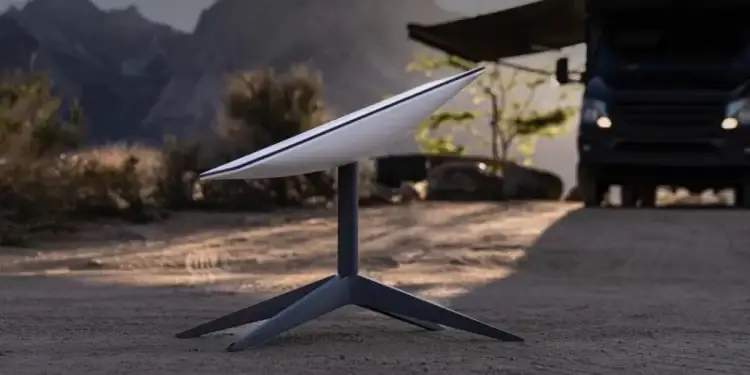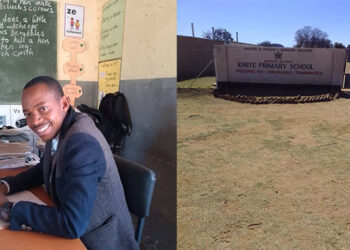The LEO satellites can ensure reliable internet access to mining communities, non-governmental organisations and rural healthcare facilities, while telemedicine, education, and efficient communication become feasible. This is because satellites in LEO, which require the lowest amount of energy for placement, are more accessible and provide high bandwidth and low communication latency. While MNOs do not face a direct threat to their going concern on the mobile network front, the home or business wireless network business will be placed under immense competition from Starlink.
In the countries that have already licenced the internet provider, Starlink has proven to operate on a standard pricing rate, which marginally varies according to per capita basis in the respective countries. In Zimbabwe, Starlink will likely keep a standard pricing policy as that implemented in Zambia, and slightly lower than South Africa due to varying disposable incomes.
However, while the pricing may be standardised, the profit margins realised by Starlink will likely be impacted by regulatory fees in the respective countries. A study of Starlink operations in various countries has also shown a relatively stable profit margin, which emanates from tariff negotiation with regulators in the countries.
In a bid to strike relative profit margins in Zimbabwe, Starlink will have to negotiate a reduction in tariffs with Postal and Telecommunications Regulatory Authority of Zimbabwe (Potraz). Among the recommendations list by the World Bank to facilitate growth of the industry, Potraz was recommended to introduce a flexible approach to pricing by allowing telecom operators to pass on inflation within a predefined range, and to adhere to global tariff standard rates.
Therefore, if Starlink manages to negotiate a tariff reduction in a bid to attain target margins, other operators in Zimbabwe will equally challenge the regulator for a tariff reduction across the sector. This will improve competitiveness within the industry, which allows for expansion as profitability increases.
Alternatively, Starlink will have to ditch its standard pricing model if Potraz is to refuse a bargain on tariff change. This way, Starlink will charge exorbitantly for acquisition, installation and subscription of its services, which will pave room for a thriving black-market of the service as is currently ensuing.
The licencing of Starlink in Zimbabwe is highly defining as it comes with significant shifts in the sector, which may improve or destroy the industry. Either the regulator will announce a tariff reduction across the industry, which will improve competence in internet service provision in Zimbabwe; or the black-market sale of Starlink services will thrive, which will ‘competitively’ destroy the presently licenced operators.










